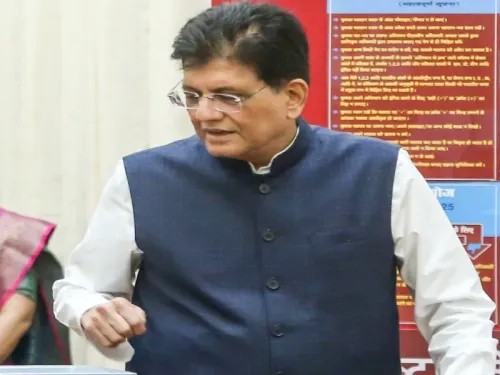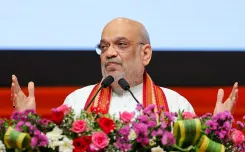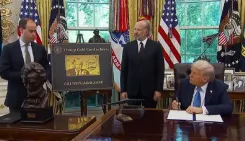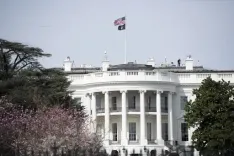Why Did the Antitrust Regulator Reject Korean Air and Asiana's Mileage Integration Proposal?
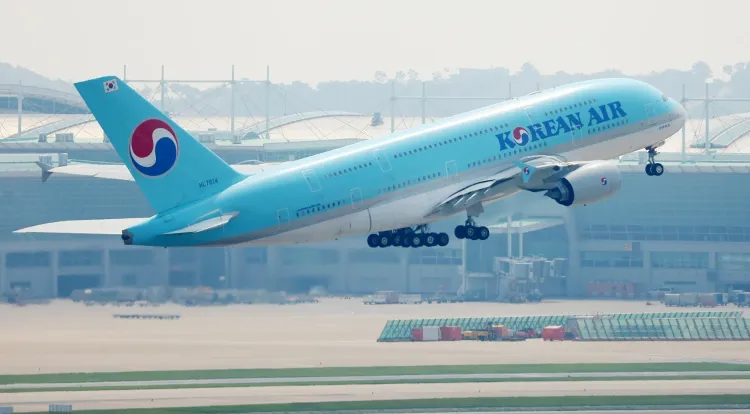
Synopsis
Key Takeaways
- The Fair Trade Commission rejected the mileage integration plan.
- Concerns were raised about consumer benefits and insufficient details.
- Korean Air's acquisition of Asiana aims to create a major airline.
- The two carriers hold significant market share at Incheon International Airport.
- Korean Air is investing heavily in future aviation training and research.
Seoul, June 12 (NationPress) The antitrust authority in South Korea announced on Thursday its decision to reject a proposed mileage integration plan from Korean Air Lines and Asiana Airlines, citing concerns over insufficient details and the potential lack of consumer benefits.
The Fair Trade Commission (FTC) indicated that the plan, submitted earlier that day as part of the airlines' broader merger strategy, did not fulfill the requirements for a formal review, as reported by Yonhap news agency.
According to the FTC, "The proposed mileage redemption plan has deficiencies compared to what Asiana Airlines previously provided." They added, "In terms of the proposed mileage integration ratio and other explanations, we found the submission inadequate to initiate a full assessment."
The FTC urged Korean Air to promptly revise and enhance the proposal prior to resubmission.
In November 2020, Korean Air agreed to acquire a controlling interest in Asiana Airlines with the goal of creating the world's 10th-largest airline by fleet size.
The two full-service carriers collectively account for 40 percent of passenger and cargo slots at Incheon International Airport, which is South Korea's primary gateway.
In April, Korean Air Lines, recognized as the leading airline in South Korea, announced plans to invest 1.2 trillion won (approximately $844.3 million) in the development of a next-generation aviation research and training center in Bucheon, located west of Seoul.
The company is set to break ground on the 65,800 square-meter facility in 2027, with a projected opening in 2030. This facility will accommodate over 1,000 personnel, including researchers and flight instructors, and will feature a drone research center, a flight training center, and a safety experience facility.
Korean Air stated that this facility exemplifies its long-term vision to spearhead the future of aviation through advanced technologies, pilot training, and sustainable practices. Notably, the flight training center aims to consolidate training operations for both Korean Air and Asiana Airlines Inc., facilitating the annual training of up to 21,600 pilots.


